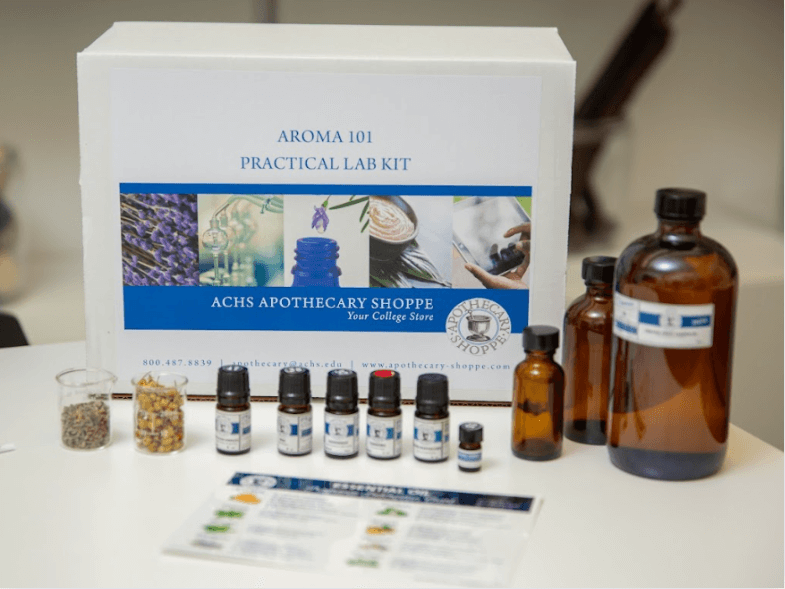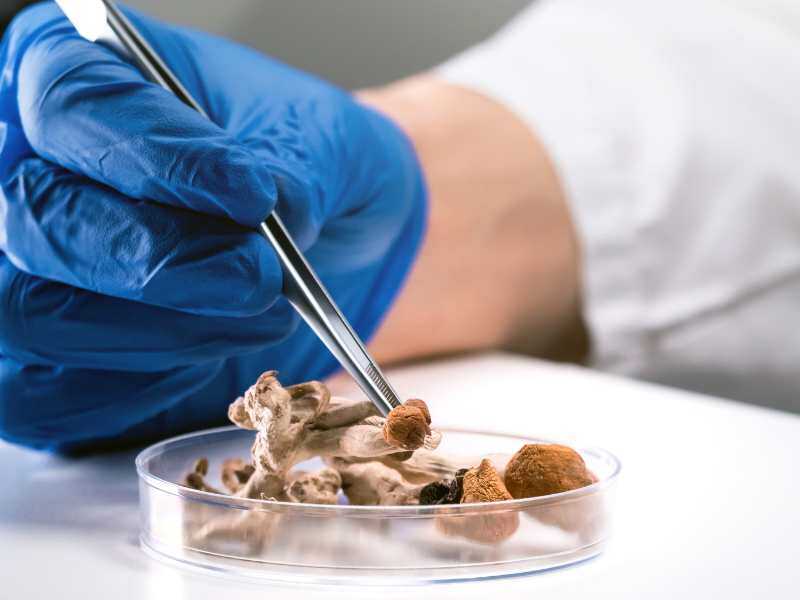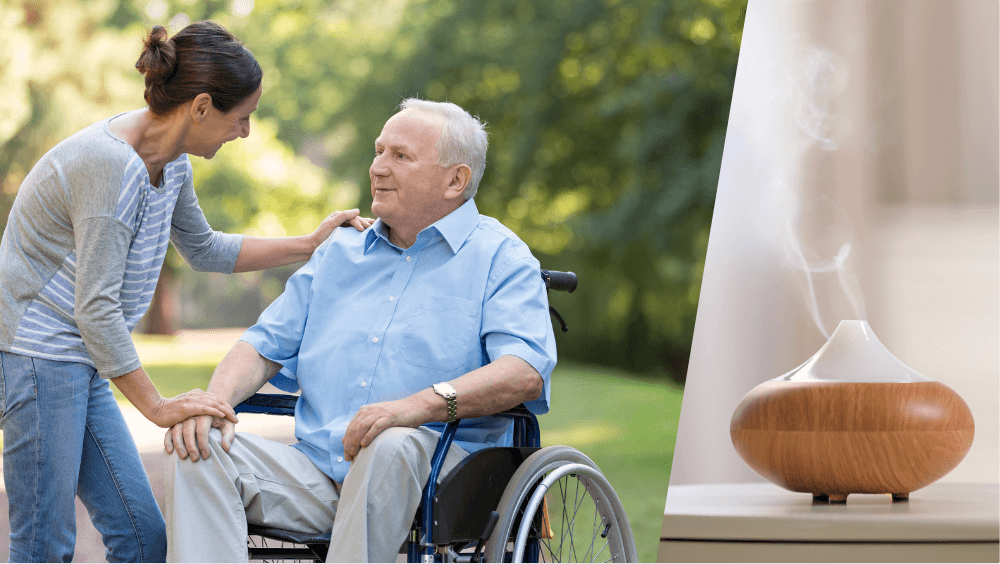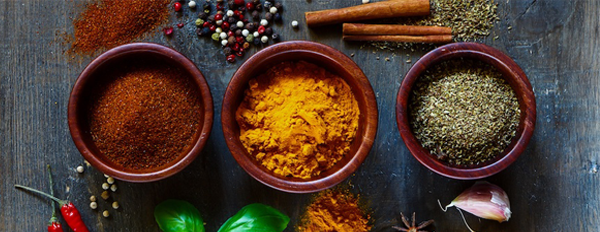At ACHS, you have the ability to pursue your dreams from anywhere in the world with our fully online accredited courses in integrative health, nutrition, aromatherapy, and herbal medicine. While some other institutions also offer virtual programs, ACHS is unique because of our dedication to experiential learning. Here’s a closer look at why experiential learning is so beneficial and how it’s integrated into our programs.
What is Experiential Learning?
Experiential learning is an educational approach that emphasizes learning through direct, hands-on experience. It goes beyond traditional classroom instruction, allowing students to engage actively with the material, apply theoretical knowledge in real-world scenarios, and reflect on their experiences to gain deeper understanding and skills.
Benefits of Experiential Learning
Real-World Application
One of the primary benefits of experiential learning is the opportunity for students to apply what they’ve learned in real-world scenarios. At ACHS, our programs include practical components such as lab work and hands-on projects. These experiences allow students to translate their theoretical knowledge into practical skills, making them more prepared for their future careers.
Enhanced Retention and Understanding
Studies have shown that students who engage in experiential learning retain information better and understand concepts more deeply than those who learn through traditional methods alone. By actively participating in their learning process, students can form stronger connections to the material, leading to improved retention and comprehension1.
Development of Critical Skills
Experiential learning fosters the development of essential skills such as critical thinking, problem-solving, and decision-making. It often involves placing students in scenarios that require them to analyze situations, make informed decisions, and reflect on the outcomes2. These experiences are invaluable in developing the skills necessary for a successful career in holistic health.
Personal and Professional Growth
Experiential learning also promotes personal and professional growth. By facing real-world challenges, students gain confidence, resilience, and a sense of accomplishment. They learn to work collaboratively, communicate effectively, and adapt to new situations which are qualities that are highly valued in any professional setting3.

How ACHS Integrates Experiential Learning
At ACHS, we are committed to providing a comprehensive experiential learning environment. Here are a few ways we incorporate this approach into our programs:
Practical Lab Kits
For many Aromatherapy and Herbal Medicine courses, it's imperative to learn by physically interacting with oils and herbs to get the full educational experience. Depending on the class, students are provided with hands-on practical lab kits with organic and sustainably produced herbs, essential oils, and other practical materials. Students are able to smell, touch, and work with the materials rather than just learn about them through the screen.
The products in our lab kits contain the highest quality holistic health products available. ACHS' mission is to always source the most exceptional, therapeutically active, organic, and wild-harvested products.
Interactive Digital and Physical Content
All ACHS classes come with rich, interactive content, including written and recorded lectures, podcasts, videos, graphics and illustrations, multimedia activities. Students also have access to ACHS eTextbooks, publisher textbooks, study guides, and exclusive subscription databases through the ACHS Library Launchpad.
Webinars and Seminars
Regular webinars conducted by ACHS leadership, alumni, and industry experts provide students with supplemental knowledge of a range of current topics and trends in holistic health. The Student Success Seminars are workshop initiatives offered each semester to provide active students with additional academic support and enhance self-advocacy skills. They also provide community engagement opportunities that coincide with the trajectory of the semester. The ACHS webinars and seminars are designed to promote an open atmosphere where students and alumni can connect, share, and learn together.
Community Projects and Gatherings
We encourage our students and alumni to participate in in-person projects and gatherings that promote community, networking, and practical education. One example of this is the annual Botanical Walk that occurs the day before ACHS Commencement.
Participation in Holistic Health Conferences
ACHS students are encouraged to attend and share their research at several conferences throughout the year. HealCon offers Holistic Nutrition professionals and students the opportunity to connect and share their latest research. The AiA Conference brings together professionals and students in the field of Aromatherapy. Students can meet with industry experts and apply to submit posters and case studies.
Ongoing Career Services Support
ACHS’ Peer to Career Assistance team is always eager to provide assistance to both students and alumni. We offer support and guidance throughout your career journey, including resume building, cover letters, finding career opportunities related to specialized degrees, networking guidance, and access to various tools and resources to ensure our students and graduates stay on the path to success.
Experience Success
Experiential learning is a powerful educational approach that prepares students for real-world challenges by providing practical and hands-on experience. ACHS is dedicated to integrating experiential learning into our programs to ensure our students are well-equipped for successful careers in holistic health. By choosing ACHS, you’re investing in an education that is not only virtual and flexible but also goes beyond the classroom, preparing you to make a meaningful impact in the world of health and wellness.
Are you ready to start your transformative educational journey? Connect with us today and discover how experiential learning can pave the way to your success in the holistic health industry.

This article is for informational purposes only. Please contact ACHS Admissions at admissions@achs.edu or 800-487-8839 for additional information and to apply for admission. Graduation from any ACHS program does not confer a license to practice medicine. ACHS graduates do not claim to treat, diagnose, cure, or prescribe. Please note that professional success is achieved by a number of factors beyond education and experience, including soft skills, work ethic, integrity, and other skills that may not be developed through education and training alone. Not all graduates will achieve the career outcomes provided as examples in this article and other ACHS marketing materials.
Sources:
- Montrose, L. (2002). International Study and Experiential Learning: The Academic Context. Frontiers: The Interdisciplinary Journal of Study Abroad, 8(1), 1–15. https://doi.org/10.36366/frontiers.v8i1.91
- Dimmitt, N. (2017). The power of project based learning: Experiential education to develop critical thinking skills for university students. In CBU International Conference Proceedings... (Vol. 5, p. 575). Central Bohemia University. https://pdfs.semanticscholar.org/44f1/549fa636c7eb220ae68180870ff8b6006b9f.pdf
- Cleminson, A., & Bradford, S. (1996). Professional Education: the relationship between ‘academic’ and experiential learning. Journal of Vocational Education & Training, 48(3), 249–259. https://doi.org/10.1080/1363682960480303





